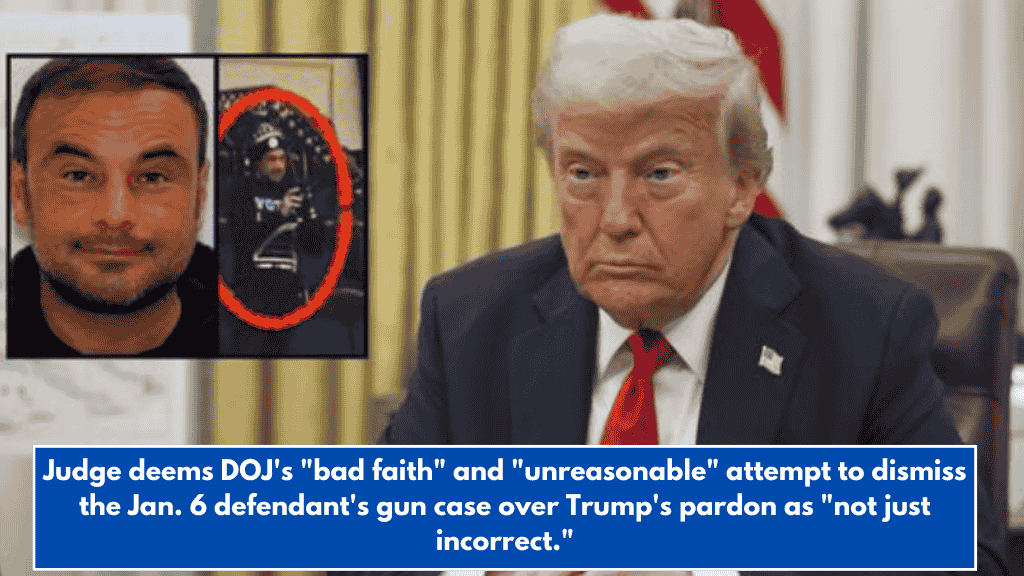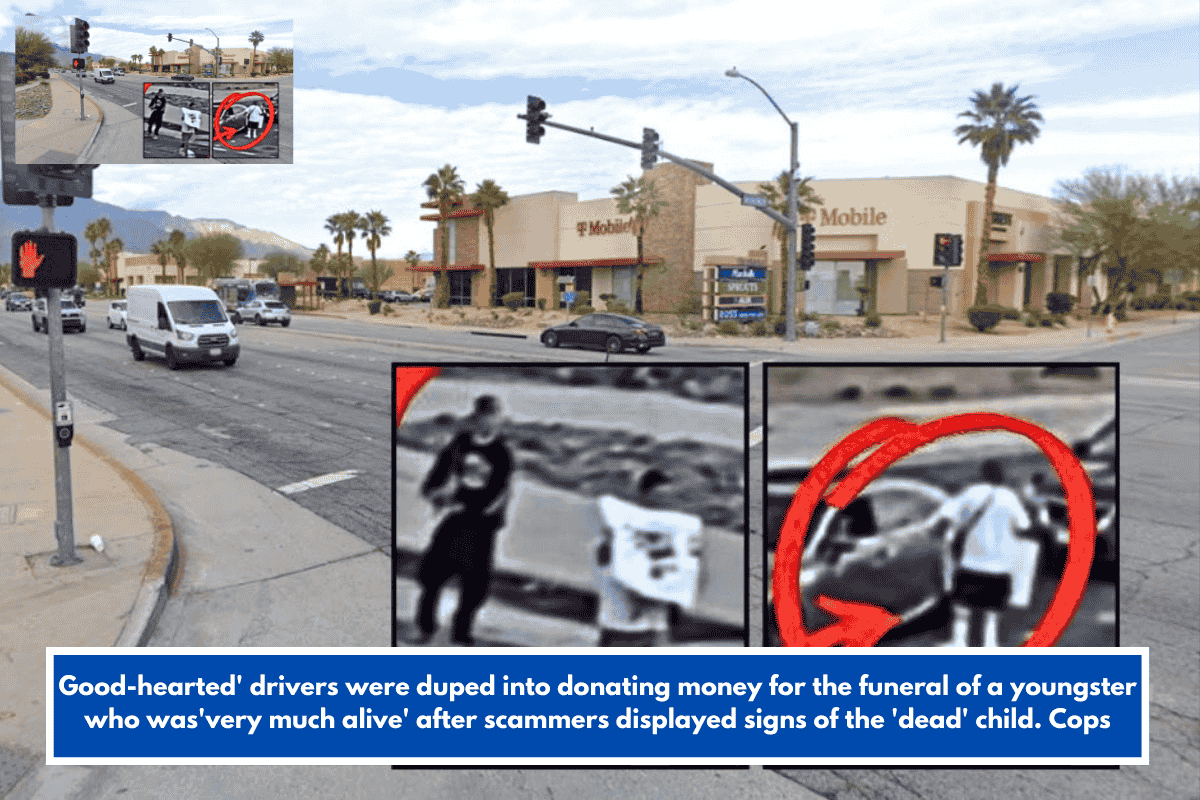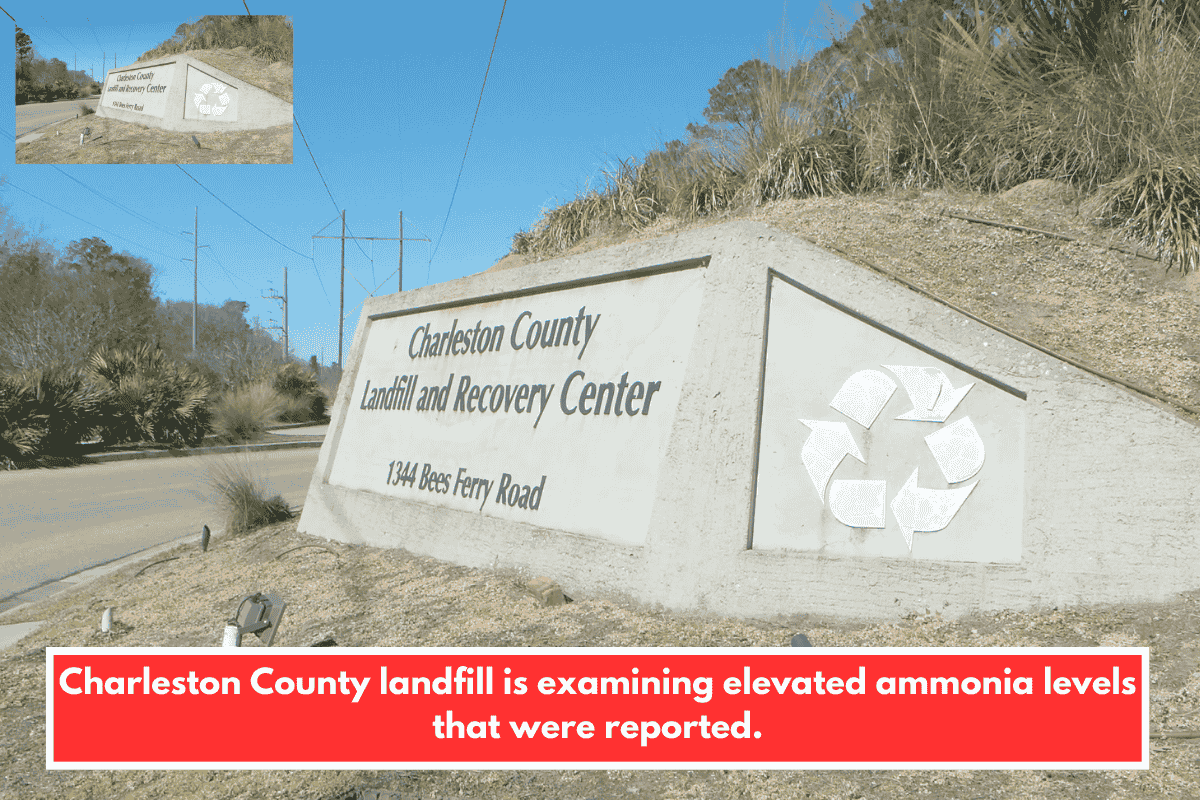WASHINGTON, D.C. – A U.S. judge has firmly rejected efforts by both the U.S. government and a Capitol riot defendant to use former President Donald Trump’s mass pardon to dismiss an unrelated gun crime case. The court warned that continued efforts to rely on the pardon could be considered bad faith.
The case involves Elias Costianes, who was charged in February 2021 with unlawful possession of firearms and ammunition in Maryland, after being investigated for his alleged involvement in the January 6 Capitol riots.
Judge Rules Pardon Only Covers Crimes on Jan. 6, at Capitol
In a 19-page order, U.S. District Judge James Kelleher Bredar, appointed by President Barack Obama, ruled that Trump’s blanket pardon only applies to crimes that:
- Happened on January 6, 2021
- Occurred at or near the U.S. Capitol
Since Costianes’ gun crime happened on February 12, 2021 in Maryland, and had no direct connection to the Capitol riot, the judge said the pardon clearly does not apply.
“The Pardon means what it says,” the judge wrote. “It covers only offenses on January 6 at or near the Capitol. Costianes’ offense happened later, in a different place, and is unrelated.”
What Did the Pardon Say?
Trump’s pardon directed the U.S. Attorney General to “dismiss all pending indictments against individuals for their conduct related to the events at or near the United States Capitol on January 6, 2021.”
Judge Bredar explained that even if the gun was discovered because of a Jan. 6 investigation, the offense itself was not related to the Capitol riot. Therefore, it is not protected by the pardon.
Government and Defense Criticized for “Unreasonable” Interpretation
Both the defense team and prosecutors argued the pardon should apply because the search that uncovered the gun was linked to Jan. 6. But the judge called their reasoning “unreasonable”, saying it twisted the meaning of the pardon:
“The parties ask the court to read more into the pardon than what it says. That’s not how the law works,” the judge stated.
He also warned that any future efforts to use the pardon argument might be seen as bad faith, now that the court has clearly rejected it.
Rule 48: A Second Chance?
Despite this ruling, Costianes may still have one last hope through Rule 48 of Federal Criminal Procedure. This rule allows the government to dismiss a case, but only if the court agrees.
The prosecutors filed a Rule 48 motion, which is treated separately from the pardon argument. Judge Bredar said this procedural request was not strong, but gave the parties until May 27 to file new motions, now that they understand the pardon doesn’t apply.
So while the legal argument for the pardon failed, the case might still be dismissed if the court is convinced under Rule 48 that it has no real choice but to allow it.
This case highlights how courts must interpret presidential pardons strictly based on their clear language. It also shows that even when the government and a defendant agree, a judge can refuse to dismiss a case if the legal basis is flawed. The court’s strong language also raises ethical concerns about the government’s role in seeking dismissal.
Whether or not the case is finally dropped under Rule 48 remains to be seen.














